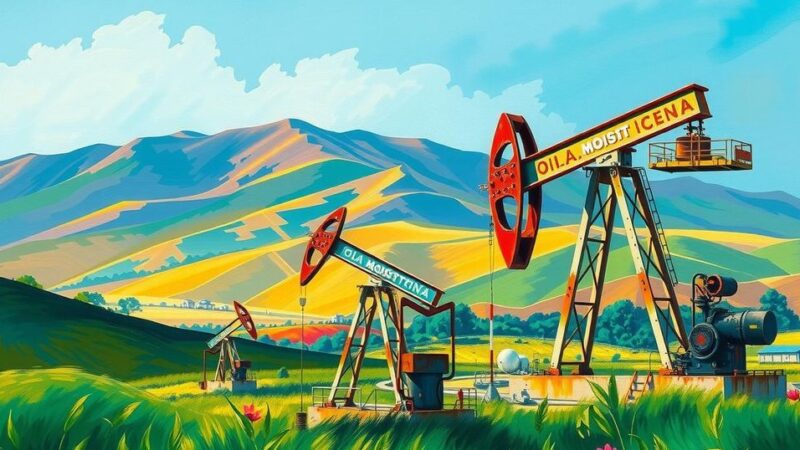Coffee prices are on the rise due to climate change affecting crop yields, with arabica bean prices reaching an all-time high. The impact of severe weather in major coffee-producing regions is forcing producers to increase prices in order to balance the supply-demand equation. Experts predict further increases in consumer prices as the ripple effects of these challenges are felt throughout the industry.
Coffee beans have become an increasingly valuable commodity, exacerbated by recent inflation that has seen prices rise across various sectors of the grocery market. Experts predict that the cost of a cup of coffee will continue to increase due to environmental changes. Climate instability is severely affecting coffee farms globally, with erratic weather resulting in detrimental effects such as droughts and floods, which hinder the ability of producers to meet the rising demand for coffee.
As of December, arabica beans, the most popular coffee variety worldwide, experienced a significant price surge, climbing to $3.50 per pound—a staggering 70% increase since the onset of 2024. This represents the highest price point for arabica since 1977. Major coffee-producing nations like Brazil and Vietnam have faced severe weather challenges, particularly droughts, which limit coffee crop production. The increasing frequency of adverse weather conditions poses an ongoing threat to this vulnerable crop.
The ramifications of these rising costs manifest throughout the coffee supply chain. With diminishing export yields due to climate change, producers are compelled to raise prices to balance the disparity between high demand and limited supply. Subsequently, both distributors and roasters follow suit, leading to higher consumer prices for coffee. Experts predict that coffee bean prices could see an increase of an additional 50 cents to one dollar per pound in the foreseeable future.
The impact of climate change on coffee production has garnered significant scrutiny in recent years. A critical report from the Intergovernmental Panel on Climate Change in 2021 highlighted the alarming trends of food insecurity and shortages intensifying within the food industry. Although the industry must contend with its carbon footprint, some positive initiatives are emerging. Notably, Starbucks has pledged to source carbon-neutral green coffee by 2030, reflecting a commitment to mitigating coffee production’s environmental impact.
Understanding the economic and environmental factors affecting the coffee industry is essential for grasping the challenges ahead. Coffee is not only a staple beverage for millions but also a vital agricultural commodity influenced by global climate dynamics. This article reflects on the multifaceted issues driving the rising prices of coffee, focusing on the interplay between climatic changes and agricultural productivity, as well as the implications for consumers and producers within the coffee market.
In summary, the coffee industry is facing significant challenges due to climate change, which is driving prices upward. The rising costs of coffee beans are anticipated to affect consumers directly, reflecting a broader trend of environmental impact on agricultural commodities. As major producers struggle with adverse weather conditions, the entire supply chain must adapt, raising prices to accommodate shrinking crop yields. This calls for innovative solutions within the industry to ensure sustainable practices and stabilize the market amidst ongoing climatic challenges.
Original Source: www.thetakeout.com






